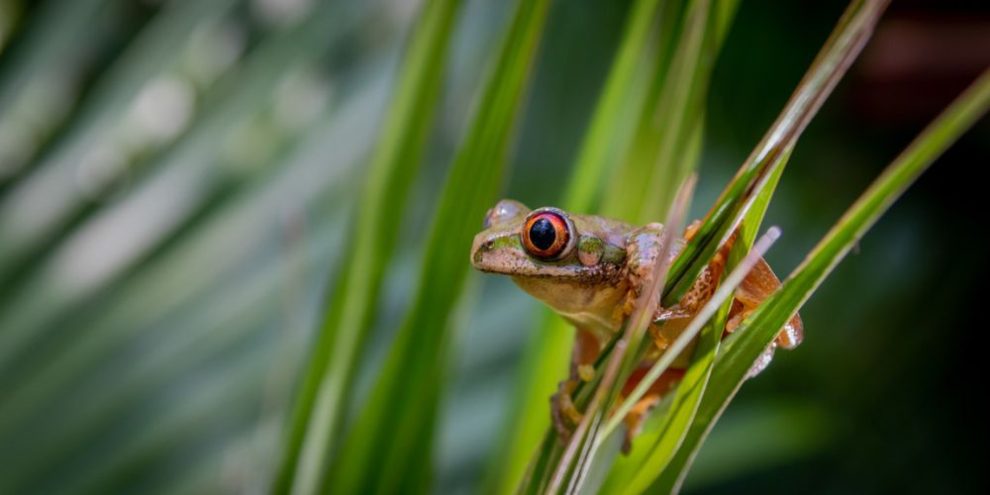
A Queen's University Belfast study has found the global decline of wildlife is more concerning than previously believed
It found nearly half of the world's species are experiencing rapid population decreases. Scientists warn that human activities are driving this alarming trend, with some asserting that we are witnessing a "sixth mass extinction" primarily caused by human actions. The destruction of natural habitats to make room for agriculture, urbanization, and infrastructure development is the leading factor, while climate change also plays a significant role, exacerbating the decline as the planet warms.
The study examined over 70,000 species, including mammals, birds, reptiles, amphibians, fish, and insects, to assess their population trends over time. It found 48% of these species are experiencing declines, with less than 3% showing population increases.
The research provides a clearer understanding of the magnitude of global biodiversity erosion. In the past, the assessment of the extinction crisis relied on "conservation categories," classification labels assigned by the International Union for Conservation of Nature (IUCN) to assess the threat level of species at a specific time. According to these categories, approximately 28% of species are classified as being under the threat of extinction. However, the current study focuses on population trends rather than the immediate threat level and reveals that 33% of species classified as "non-threatened" on the IUCN Red List are actually declining toward extinction. Population declines over time serve as early indicators of potential extinctions.
Mammals, birds, and insects, amphibians are disproportionately affected and face many threats such as diseases and climate change. Fish and reptiles, on the other hand, appear to have more stable population trends rather than declining ones. Geographically, the declines are concentrated in tropical regions, partly due to the sensitivity of tropical animals to rapid environmental changes, particularly temperature fluctuations.
banner image: PxHere





